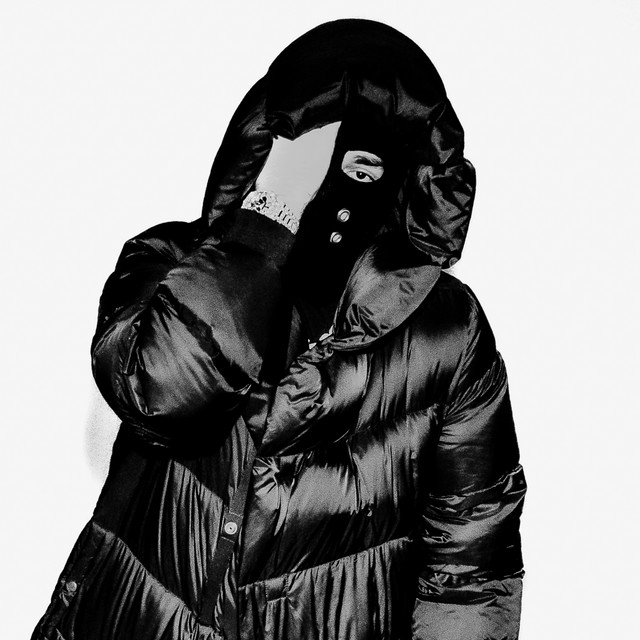i’m about to start a 5-7 page research paper for my world history class about any significant historical events, people, ideological movements, etc., that take place anywhere between 1500-now and i’m not 100% sure about what to write. i was kinda interested in maybe writing about the french revolution but i’m sure there’s better stuff out there, i was also considering writing about marxism/class struggle or the russian revolution but idk if it’s a good idea to go full blown tankie LMAO but i might change my mind idk
so yeah just wondering if anyone can think of any fun topics to research and write about for my paper, any personal favorite pieces of history in that time frame, etc?
edit: i don’t have the time to respond to every comment but all these suggestions are amazing i’m definitely going to use one of these, thank you everyone!
:jb-shining: :jb-shining: :jb-shining: :jb-shining: :jb-shining:
A part of history I always found interesting was the 30 Years War.
In 1594, Henry IV was coronated king of France. But France was Catholic, a d he was very protestant. Ultimately, he converted but he put forth a policy of being permissive to protestants in France. After his death, his child, Louis XIII takes the reign. He, a long with his cardinal, are Catholic but very wary of the Habsburgs, the ruling family of Austria-Hungary and Spain. So when the a war broke out between protestants and Catholics, Louis XIII sides with the protestants in a move his cardinal called ‘raison d’etat’ or reason of state.
This, in a way, invents the concept of a political state separate from bloodlines and religion in Europe, and leads the way for Louis XIII’s absolute monarchy.
Simply write a note informing the teacher that History ended in 1992
“I Francis Fukuyama, give permission for my child to be removed from class during discussions of “History” as it is against our beliefs.”
How about that time :uncle-ho-2: wrote a Vietnamese declaration of independence largely based on the U.S. one and asked the U.S. for recognition at the end of WWII, but the U.S. ignored it and backed the French recolonization? Kicked off ~35 years of near-continuous war in the country right on the heels of the largest conflict in human history.
All sorts of interesting angles: the infancy of the Cold War (and how it could have been done differently), the U.S. stepping into the shoes of the old European colonial powers, how the U.S. pushed national liberation movements away/towards communism (a pattern that would be repeated in Cuba and elsewhere), the seeds of the modern anticolonial movement, the “blowback” angle of this coming back to bite the U.S. hard (another pattern that would repeat), etc.
Monroe Doctrine and its consequences
Various CIA operations and planned operations that involved US citizens/US soil (Northwoods, drug trafficking, MKULTRA, and human experimentation in general - it goes beyond LSD)
Cuba’s MODERN literacy program and how it compares to western/capitalist programs (Cuba’s programs are being used by tens of millions of underserved people)
Superimperialism - how the US got off the gold standard and dominated the world with less overt war
Strategy of tension, GLADIO, blowback
The history of industrialization and capitalism. You can probably sneak in a little about how it’s time to find an “alternative”
Shock doctrine is post-communist states around the world
The Warlord Era of china (this one is wild)
Haitian rev? It opens up avenues to compare and contrast with the French and maybe even American revs, the French doing their bourgeois revolution then immediately turning round and trying to keep the Haitians as slaves and slapping them with “reparations” for successfully freeing themselves.
(Edit: bonus of this is nobody can come back at you calling you a dirty commie or mark you down because you call out the US for teaming up with nazis in Central America or whatever. Nobody is gonna say “umm actually the Haitians should’ve stayed as slaves”)
Napoleon’s treatment of the Hatians was by far his worst take. His friend Augustin Robespierre would be rolling in his grave at the betrayal.
Honestly makes me glad the Robespierre brothers didn’t have to live to see that
Yeah, I’ve been reading Saint-Just, and while he’s no Marxist, he’s more radical than anyone pre-Proudhon and touches on Socialism in places.
Critical support to Napoleon in Europe, but WTF man, was saving 30% of French GDP worth being a fucking slaver!? At least the Polish mercenaries he sent could see what a National Liberation struggle looked like and immediately switched sides, forcing him to give up. Rare Polish W.
Its funny, every French radical is always famously outflanked by someone else, Saint-Just by Hanriot (arguably), Marat, Marat by Hebert, Hebert by Roux, Roux by Marechal and Babeuf. By the end of that you end up with folks REALLY close to marxists. Babeuf being “the first modern communist” according to Marx and Engels.
And yeah Poles going against type there






